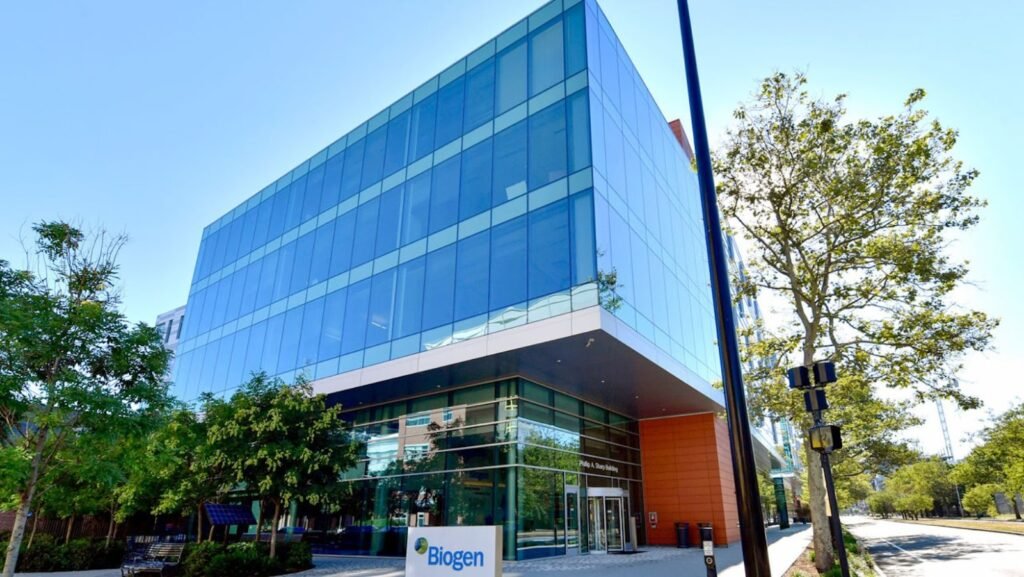Massachusetts is positioning itself at the forefront of the green technology revolution, fostering a future of sustainability for businesses and communities alike. This movement encompasses a variety of sectors, from renewable energy projects to eco-conscious startups and government incentives. This article explores the initiatives, the key players in the state, and the far-reaching impacts that are setting Massachusetts apart as a beacon of environmental responsibility.
Renewable Energy Efforts: A Wind in the Right Direction
Massachusetts has aggressively pursued renewable energy, most notably with its investment in wind energy projects like the Cape Wind offshore wind farm. This project signifies the state’s commitment to reducing reliance on fossil fuels. Local companies like Eversource Energy are also championing solar and hydroelectric energy solutions, transforming the state’s energy landscape. In addition to wind energy, Massachusetts has demonstrated a commitment to other renewable sources such as solar and hydroelectric power. With the Green Communities Act, they aim to procure a significant portion of their energy from renewable sources by 2030. Local initiatives like community solar projects are involving citizens directly in the green energy revolution, making Massachusetts not only a leader but an innovator in sustainable energy practices.
Eco-Friendly Startups: Nurturing a Green Future
Emerging startups like Greentown Labs are providing platforms for cleantech entrepreneurs. These companies are exploring innovative ways to reduce waste, conserve energy, and promote sustainable practices in sectors ranging from transportation to housing. The state government has actively supported these initiatives through grants and incentives, fostering an ecosystem where green startups thrive.
The culture of innovation in Massachusetts is fostering a new wave of eco-friendly startups. Collaboration between research institutions, local government, and venture capitalists is creating a synergy that helps green startups grow. Incubators like Clean Energy Extension are providing support and resources that go beyond funding, including mentoring and networking opportunities. This interconnected ecosystem accelerates the development and implementation of new sustainable technologies.
Green Infrastructure: Building Responsibly
Infrastructure development in Massachusetts has also taken an eco-friendly turn. From using recycled materials in construction to implementing energy-efficient systems in public buildings, there is a concerted effort to minimize environmental impact. Gillette Stadium, Massachusetts, USA stands as a testament to this initiative, utilizing solar panels and recycling programs to reduce its carbon footprint. Green infrastructure in Massachusetts extends beyond notable landmarks like Gillette Stadium. There are numerous LEED-certified buildings across the state, reflecting a trend in green construction and design. Government initiatives like the Massachusetts School Building Authority’s Green Repair Program provide support to public institutions aiming to enhance energy efficiency and sustainability. This concerted push is making sustainable building practices a norm rather than an exception.
Embracing Sustainability in E-Commerce
E-commerce giants based in Massachusetts like Wayfair are adapting sustainability practices into their business models. From eco-friendly packaging to supporting responsible sourcing, these companies recognize the value of aligning their practices with growing consumer interest in environmental stewardship.
Companies in the e-commerce space in Massachusetts are continuously working to reduce their environmental impact. Efforts are extending to responsible shipping practices, employing electric vehicles, and using minimal and biodegradable packaging. Collaboration with suppliers to ensure ethical and sustainable practices adds another layer of responsibility. This approach is not only aligned with environmental goals but also caters to a growing customer base concerned with ethical consumption.
Amid the Green Tech Movement’s Influence on The Digital Market
Massachusetts Sports Betting is emerging as a prime example of responsible entrepreneurship. Betting operators are pioneering carbon-neutral practices by offsetting their energy consumption and supporting clean energy projects. This move not only aligns with state-wide sustainability goals but also resonates with an environmentally conscious customer base. This industry is also partaking in the green movement, emphasizing responsible consumption of resources. Beyond the use of renewable energy, some operators are also launching initiatives to raise environmental awareness among their customer bases. This industry’s commitment showcases the potential for even traditionally non-green sectors to make significant strides toward sustainability.
Impact on Marketing Strategies
Sustainability is not just a buzzword but a guiding principle that’s reshaping marketing strategies in Massachusetts. Companies like Biogen are leveraging their eco-friendly initiatives in advertising and product positioning. Whether promoting pharmaceuticals produced with minimal waste or technology products manufactured with recycled materials, sustainability enhances brand image and connects with a values-driven consumer market.
Marketing strategies in Massachusetts are increasingly integrating sustainability, reflecting a shift in consumer preferences. Brands are not only showcasing their green initiatives but also encouraging customers to partake in sustainable practices. Workshops, eco-challenges, and loyalty programs aligned with environmental goals are becoming prevalent. This engagement builds trust and fosters a community around shared values, further enhancing brand loyalty and recognition.
Encouraging Corporate Responsibility
Corporate giants like General Electric (GE) are leading by example, adopting measures to reduce their environmental impact. From energy-efficient appliances to community outreach programs focused on environmental education, companies in Massachusetts are redefining corporate responsibility. The push towards corporate responsibility in Massachusetts doesn’t stop at large corporations. Small and medium-sized enterprises (SMEs) are also adopting eco-friendly practices, aided by state programs and incentives. Training, financial assistance, and a shared commitment to community welfare are fostering a culture where businesses, regardless of their size, contribute to the broader goal of sustainability.
Conclusion: A Model State for Sustainability
The green tech movement in Massachusetts reflects a comprehensive approach to sustainability, spanning multiple sectors, initiatives, and strategies. Whether it’s the commitment to renewable energy, fostering green startups, or encouraging established companies to adopt sustainable practices, the state is defining a path that others can follow.
Grassroots organizations, local government, and individuals are all playing pivotal roles. The state’s educational institutions are integrating sustainability into curriculums, ensuring future generations continue this commitment. Towns and cities are adopting local ordinances that promote green living. This collective effort makes Massachusetts not just a state with policies but a community united in building a sustainable future.
Massachusetts continues to be a trailblazer in the green tech movement, setting a precedent for other states to follow. The blend of public and private sector involvement ensures a holistic approach, making the state a frontrunner in building a sustainable future.

















































































































